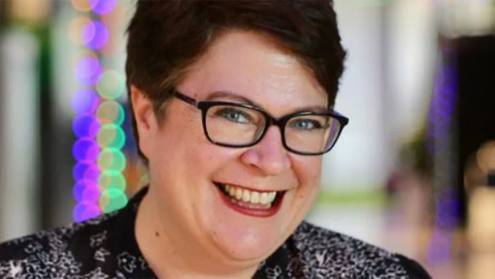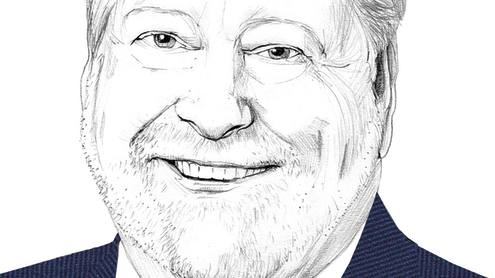Trade lies at the heart of Islamic economics. As lending money in Islamic economics is only acceptable when it is done for free as an act of charity, sharia-compliant financing revolves mainly around trade operations or equity investments. For instance, one of the most used instruments in Islamic finance – an industry worth more than $1800bn today – is murabaha, which is a combination of two different trade operations with different tenures.
This explains why Islamic trade finance products were proposed by the Islamic Development Bank (IsDB) just three years after it started operating. Indeed, while the majority of multilateral development banks were initially unwilling to finance international trade – assuming that their role should be restricted to infrastructure and social sector financing – the IsDB has financed international trade operations since 1977.






